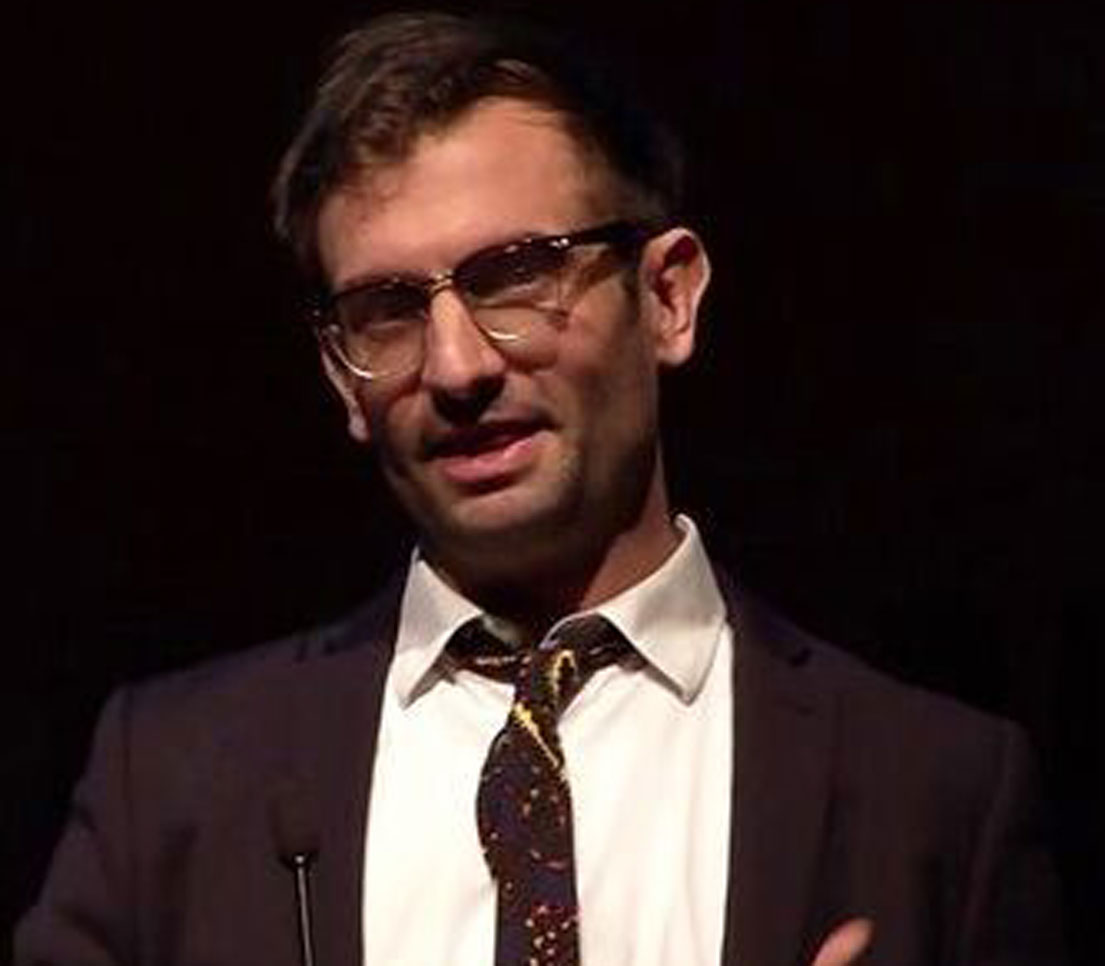
"Project Suburb: Politics, Policy, and Built Form at the City's Edge" with Michael Piper
-
Room 215, 1 Spadina Crescent
This lecture will explore ways that urbanists and urban designers might engage with or influence the policies and development practices that govern city building with the aim of creating opportunities for public space and civic good. The aim of this work is to embed speculative design thinking into some of the messy, real-life conditions that shape cities, for example: through the transformation of car parking, opening up space for public amenities on private property, and reconfiguring the relationship between zoning controls, parcelization and built form. Such conditions have particular resonance for the suburbs, where the future of the city is currently playing out, and where I focus my design, teaching and research. This lecture will include morphological analysis, student projects, speculative imagery, game boards, design collaborations and essays that consider a theoretical basis for all of this work.
Michael Piper is an Assistant Professor of architecture and urban design at the University of Toronto and principal at dub studios. His teaching and research focus on the relationship between planning policy, real estate practices, and urban form. This work embeds speculative design thinking into messy, real-life conditions of development and urbanization with the goal of creating opportunities for civic benefit and public good.
Before joining academia, Piper worked for seven years on mainstream development commissions. This experience provided practice based knowledge about real estate and planning policy that he now investigates through his research. To this end, Piper is the organizer of the Project Suburb Research Group at the Daniels Faculty. Through this group, he aims to form partnerships with non-profits, city agencies and design offices to develop urban analysis and design recommendations. The group is in the process of formalizing a two-year partnership with the Tower Renewal Partnership to study infill opportunities and affordable housing on modern era tower sites in Toronto’s suburbs.
Also through the faculty, Piper co-hosted the After Empirical Urbanism symposium with Richard Sommer in 2015, and will be co-editor of a forthcoming book of the same title (2019). His work has been exhibited at the Rotterdam Architecture Biennale, Edit DX, the Ontario Architects Association, Ohio State Knowlton School of Architecture and at the University of Toronto Daniels Faculty and his writing included in Threshold, 30/60/90, Site, and Monu. He was awarded a SSHRC connection grant in 2015, and the Lefevre Fellowship at Ohio State University in 2011. Piper also explores means to disseminate his research to a broader public, including Mallopoly, a board game about equitable taxation and land speculation.
Piper leads the urban design work as a principal at Dub studios, an architecture and urban design firm in Los Angeles and Toronto. The firm has been invited to prepare planning studies / design proposals for different public entities. They were commissioned by New York City’s Department of Transportation to design and build modular street games for the NYC Plaza Program (2016). Dub was also invited to submit a design proposal for the Middle City Passages workshop, on behalf of Metrolinx, the regional transit authority in Toronto (2015). Additionally, it was one of four firms invited to submit designs for the Parking Plus Design Challenge, sponsored by the Long Island Index, and completed on behalf of the Mayor’s office for the suburban town of Patchouge (2014). This more recent work builds on ideas explored in several related design competitions and commissions. As principal of Dub studios, Piper was the project manager and lead designer for two large scale urban design commissions for the center of downtown Durham, NC (2005-2010). The two projects consisted of 8 blocks over 10 acres and with a total floor area of 900,000 square feet.
Piper has also taught at Harvard’s Graduate School of Design, Columbia University, Syracuse University, and was the 2010-11 Lefevre Fellow at the Ohio State University. He received a MArch from Harvard’s Graduate School of Design and a BS in Architecture from Georgia Tech.

